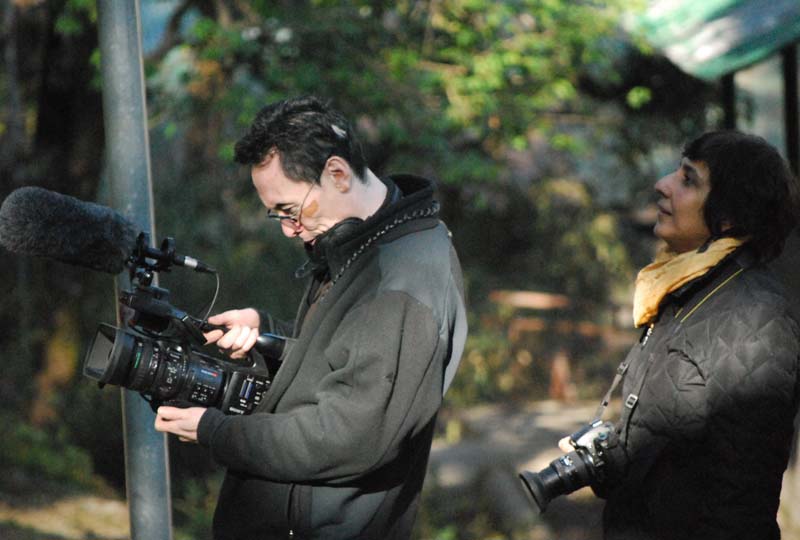Chinese authorities have pulled two Chinese movies from the Palm Springs International Film Festival: “The Sun Behind Clouds: Tibet's Struggle for Freedom”, a film about the Tibetan spiritual leader His Holiness the Dalai Lama and Tibetan political struggle with China.
Chinese authorities have pulled two Chinese movies from the Palm Springs International Film Festival to protest against the screening of a film – titled “The Sun Behind the Clouds” - that depicts the Tibetan spiritual leader His Holiness the Dalai Lama and the Tibetan political struggle with China.
The abrupt withdrawal came on the order of China's ministry of foreign affairs, its film bureau and the consulate general of China in Los Angeles, reported the Chinese state-run news agency, the Beijing Times, on Wednesday. The Chinese films were going to be: "Nangjing! Nangjina!" ("City of Life and Death"), about the Nanjing Massacre that occurred under the Japanese occupation of Nanjing in 1937, and "Quick Quick Slow", a comedy about ordinary people taking part in a dance competition.
“The Sun Behind The Clouds: Tibet's Struggle For Freedom” is a documentary by Ritu Sarin and Tenzing Sonam, and follows the Dalai Lama for an eventful-year that saw the 2008 protests in Tibet, the long march in India, the Beijing Olympics and the breakdown of the Sino-Tibetan talk.
Festival director Darryl Macdonald had expressed his dismay at the Chinese action, saying, "I'm saddened that the Chinese film authorities have chosen to withdraw their films from PSIFF, as the festival is an international cultural event whose mandate is to present a wide cross-section of perspectives and points of view.
"That said, we cannot allow the concerns of one country or community to dictate what films we should or should not play, based on their own cultural or political perspective. Freedom of expression is a concept that is integral both to the validity of artistic events, and indeed, to the ethos of this country." He further stated.


![Tibet has a rich history as a sovereign nation until the 1950s when it was invaded by China. [Photo: File]](/images/stories/Pics-2024/March/Tibet-Nation-1940s.jpg#joomlaImage://local-images/stories/Pics-2024/March/Tibet-Nation-1940s.jpg?width=1489&height=878)


















